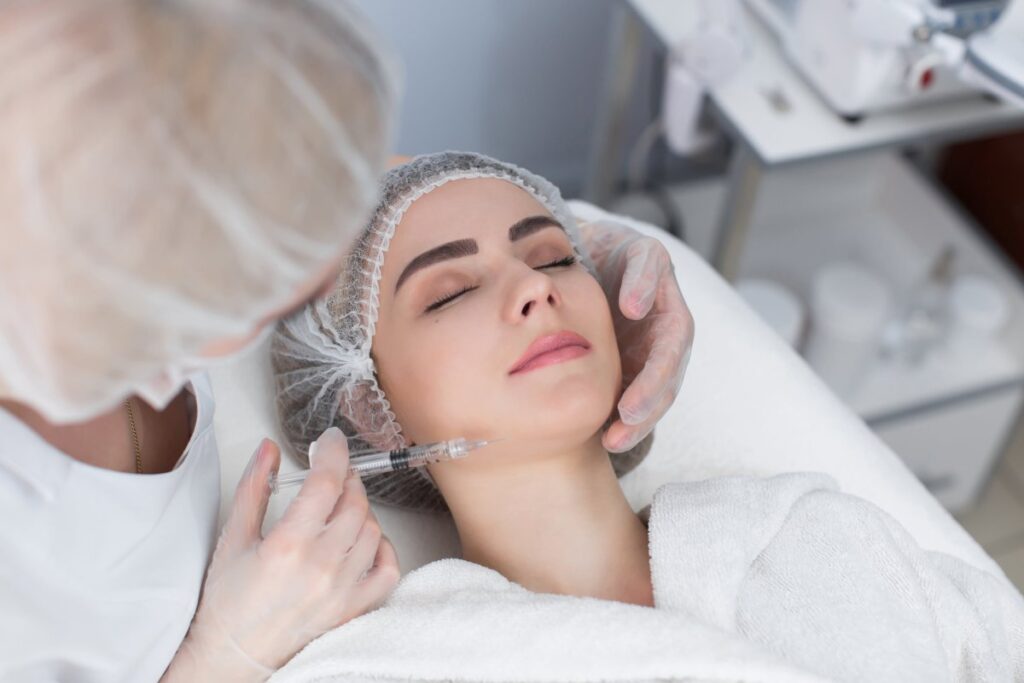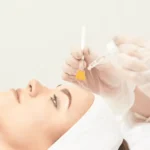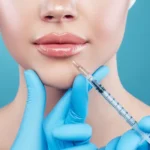THE WHAT The pandemic killed the global supply chain as we knew it and several suppliers, manufacturers and retailers have struggled to come to terms with that in 2021. The result? Empty shelves, rising inflation and a stark choice between passing on the rising costs to consumers or taking a hit on margin to come.
THE DETAILS It’s no wonder we’ve seen a LOT of movement within the supply chain hierarchy as companies hired and fired in an attempt to solve the problem. Coty’s Chief Supply Officer, Richard Jones stepped down and the US beauty behemoth split his role into two, and Revlon drafted in Thomas Cho as CSO. Meanwhile, at The Estee Lauder Companies, EVP Global Supply Chain, Gregory Polcer announced his retirement and the prestige beauty giant bought in Roberto Canevari from Unilever in his stead.
And if ASOS’ experience is anything to go by, our logistics troubles are far from over. The online fashion portal’s CEO recently stepped down as the continuing disruption threatened to hit sales and profit.
Indeed, following Indonesia’s latest pronouncement, our supply chain woes could yet get worse. The Indonesian government is said to be mulling putting a stop to palm oil exports. As the world’s largest producer of the commodity, any such ban could have a severe impact on manufacturers of personal care products. If there was any greater sign that we need to find a more sustainable alternative, this is surely it, yet many continue to bury their heads in the sand, continuing to focus on traceability.
The other manufacturing issue we’ve seen more and more of over the last 12 months is recalls. It’s no wonder that the clean beauty movement is trending when it appears that there’s a new product safety scandal every week. From a room spray and henna containing dangerous bacteria to benzene in sunscreen sprays, not to mention question marks over deodorants and hair care ingredients, the industry needs to act fast to avoid further reputational damage.
THE WHY The last 12 months have bought great challenges for cosmetics suppliers and manufacturers, not only in terms of the continuing Great Virus Crisis – which has exacerbated labor shortages and freight delays – but also increased attention from regulators, and greater trade barriers. The bad news is that, with inflation rising, the next 12 months aren’t going to be a picnic either. True, some are predicting that 2022 will see COVID-19 fade away but beauty would be foolish to expect the end of the pandemic (whenever that may be) to also bring an end to the problems it’s faced over the past two years. The simple truth is that supply issues and environmental challenges both have the same solution, and it isn’t a palatable one: we all need to produce less, consume less and be more self-reliant – whether that be sourcing ingredients closer to home, manufacturing in local hubs, producing our own energy or simply taking a more minimalist approach to formulation and innovation.
Aesthetic injectable companies refer to businesses or companies that specialize in manufacturing, distributing, or providing aesthetic injectable products and services. These companies focus on developing and supplying injectable substances used for cosmetic purposes, typically administered by qualified medical professionals. Aesthetic injectable companies play a crucial role in the field of aesthetic medicine and cosmetic dermatology by offering a variety of injectable products designed to enhance facial features, reduce wrinkles, and improve overall skin appearance.
Key aspects of aesthetic injectable companies include:
-
Product Development: These companies research, develop, and manufacture aesthetic injectables such as dermal fillers, botulinum toxins (e.g., Botox), collagen stimulators, and other specialized formulations. They often innovate new products to meet evolving market demands and technological advancements.
-
Distribution and Sales: Aesthetic injectable companies distribute their products through authorized channels, including healthcare providers, medical spas, and aesthetic clinics. They may also sell directly to licensed professionals who administer these treatments.
-
Regulatory Compliance: Due to the medical nature of their products, aesthetic injectable companies adhere to strict regulatory guidelines and obtain necessary approvals from health authorities (e.g., FDA in the United States) to ensure safety, efficacy, and quality standards.
-
Training and Support: Many companies provide training and educational support to healthcare professionals on the proper use, administration techniques, and safety protocols associated with their injectable products. This ensures that practitioners can deliver treatments effectively and safely.
-
Customer Support: Aesthetic injectable companies offer customer support services to healthcare providers and consumers, addressing inquiries, providing product information, and assisting with product usage and troubleshooting.





